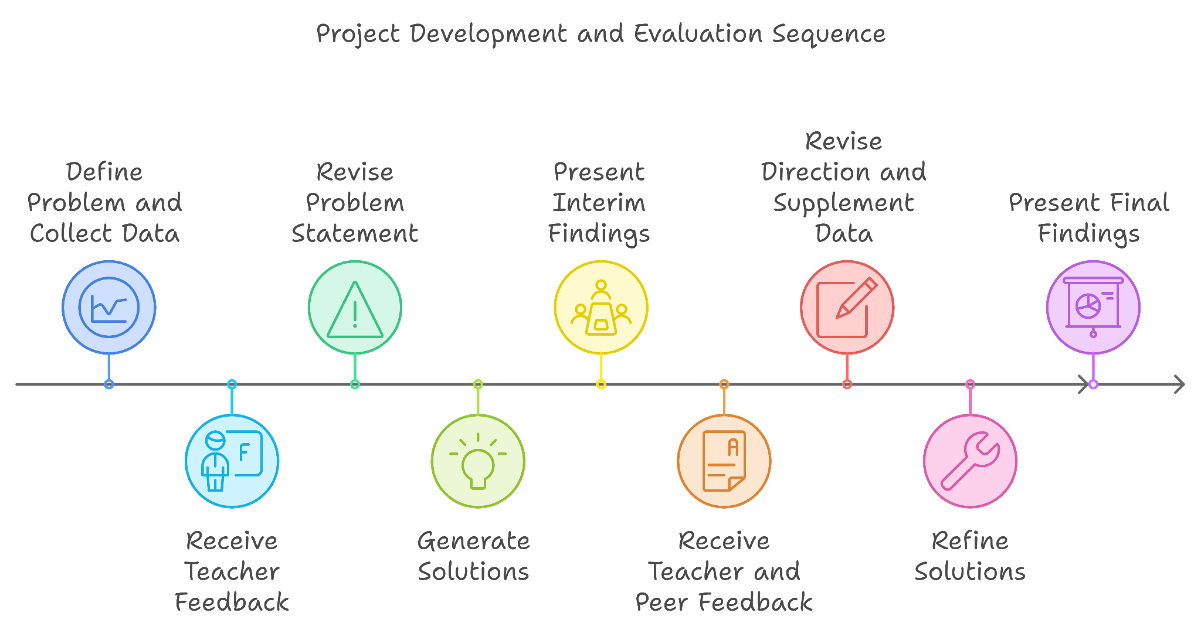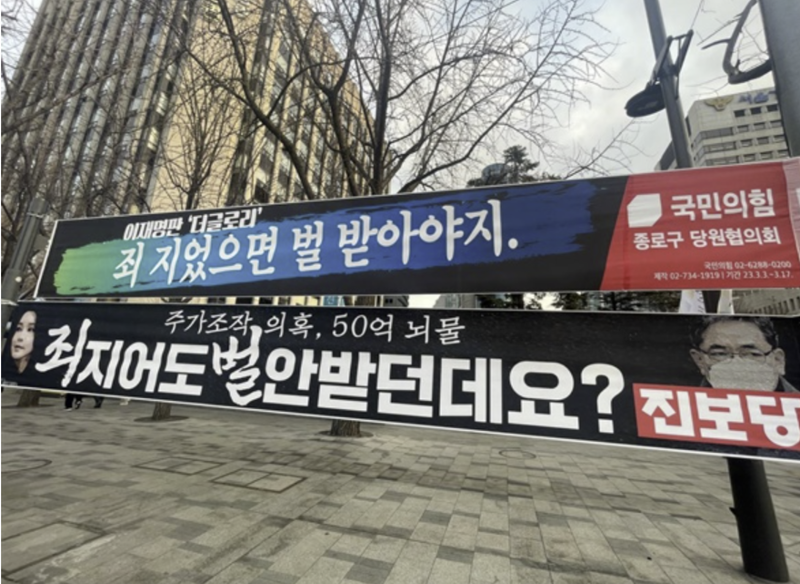- Story
- Spectrum
Spectrum
Introducing Taejae University's Civic Projects
Oct 24. 2024
Introducing Taejae University's Civic Projects
by Hyein Kim
Taejae University Student Ambassador
What is a Civic Project?
A Civic Project is a specialized course at Taejae University that merges social design theories with technological innovations to address societal issues that feel important to us as students and young adults, such as youth mental health and political polarization. As part of our university's Global Education program, this project is aimed at training us to become social designers capable of resolving international conflicts and challenges through innovative solutions. We carry out one Civic Project in every place that we go through during Global Rotation, so we get hands-on experience with discovering and solving real-world social problems in different societies and communities.
How Does a Civic Project Work?
Civic Projects encourage us to identify pressing issues within our communities and local surroundings. We form teams according to our interests and topics, and work towards designing institutional solutions for these issues. Rooted in a Problem-Based Learning (PBL) approach, this Civic Project process takes us through several developmental stages: defining and refining problems, proposing solutions, mid-term presentations, and final evaluations—all supported by peer and faculty feedback.
This semester was the first Civic Project for our cohort (TJ23). In September, we kicked off by the process by attending several onboarding lectures at the headquarters of Taejae University. These sessions, led by Taejae University President Jaeho Yeom, and our faculty advisors, introduced the fundamental framework necessary for solution design and problem solving, and encouraged us to think critically about how we could enact change in our own communities. President Yeom particularly encouraged us to be creative and ‘think big,’ emphasizing the importance of being ambitious in tackling global challenges. Meanwhile, our faculty advisors shared their experiences with designing social initiatives and tackling social issues, emphasizing the value of "Think Globally, Act Locally."
In our final onboarding workshop, we were encouraged to move from global-scale issues to human-scale action—identifying actions we can take and ensuring they have meaningful impact. This hands-on experience, with its emphasis on local action and practical impact, inspired our team to choose our project topic.
Our Topic: Addressing Political Polarization
Our team's topic stemmed from a simple observation: the political banners we often see while walking along the streets of Seoul, which use highly inflammatory language to call for the impeachment of certain political figures or criticize opposing parties. These banners, with their charged messages, are clear signs of political polarization—a serious problem not only in Korea but worldwide. Political polarization leads to social fragmentation, creating an environment where productive discourse is replaced by emotionally charged conflict. 
According to a Statistics Korea survey of 8,000 adults aged 19 and older, conflicts between conservatives and liberals were cited as the most widespread social issue last year (82.9%). This surpassed even the income gap (76.1%) and management-worker conflicts (68.9%), which are traditionally considered some of South Korea's most pervasive social issues. These results highlight how political divisions are a major source of tension in our society, stifling opportunity and space for constructive political dialogue. Inspired by the principle of "Think Globally, Act Locally," we decided to focus on mitigating the negative impacts of these banners and their contributions to political radicalization in our country.
Next Steps: Our Project Proposal
We are now developing our project proposal, titled "Preventing Radical Intensification of Political Violence in Korea by Mitigating Political Banners.” Our project aims to tackle the issue of political polarization by reducing the prevalence of emotionally charged banners that often promote extreme views or personal attacks. We believe that political messaging should foster peaceful dialogue rather than inflame and encourage division.
To achieve this, we plan to collect empirical data by analyzing banners from various political parties, including the content, context, and impact of these messages. Our research will involve in-depth interviews with politicians, public relations officers, and voters to understand both the intentions behind these banners and their effects on the public. We are also developing our ideations for interactive systems and tools to encourage constructive political communication and offset the negative effects of inflammatory rhetoric.
Our project will be developing and changing as we progress through the Civic Project course, conduct our research, and ideate our solutions. I’m excited to see how our project will shape up as we move through our development stages, and I’m looking forward to sharing our results in the coming months. Stay tuned!